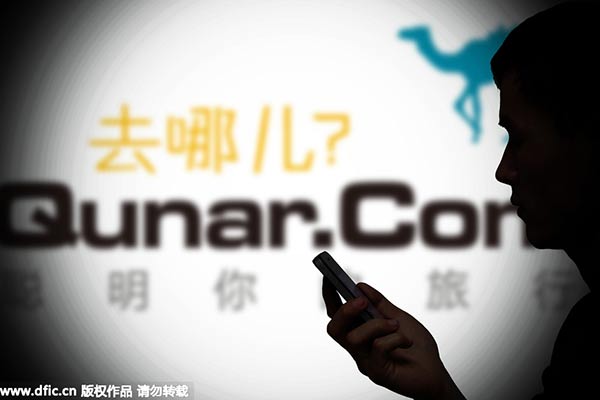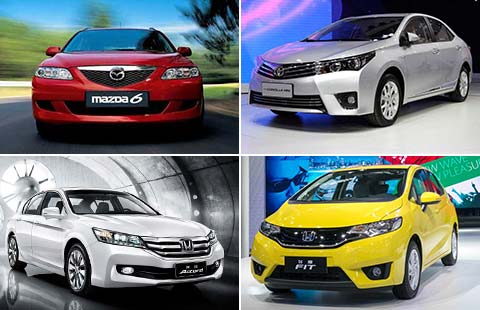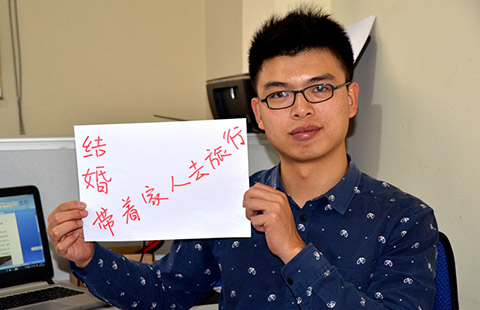More airlines cut ties with Qunar
(chinadaily.com.cn) Updated: 2016-01-07 13:38
 |
|
A pedestrian uses his mobile phone in front of a logo of online travel search service Qunar in Jinan city, East China's Shandong province, February 15, 2015. [Photo/IC] |
Qunar has launched self-inspection and a new round of supervision, according to the latest statement released yesterday.
On the last day of 2015, China Southern Airlines, Asia's largest carrier in terms of fleet, said it has suspended its association with Qunar and closed its flagship store on the platform following growing passenger complaints about ticket purchases and refunds through Qunar.
Afterwards, Hainan Airlines, Capital Airlines, China Eastern Airlines, Air China, Chongqing Airlines, Tianjin Airlines, Sichuan Airlines and Lucky Air also released similar statements.
Qunar confirmed the suspensions and said the issue was about air ticket ranking. "Airline companies insisted that we change the order of ticket display on our website from an order by price to a chronological order. However, we think that displaying tickets by the order of their prices is more suited to the typical booking search habits of users," it said.
As some small- and medium-sized agents, through their special "channels", can get even cheaper tickets, flagship stores of airlines are ranked behind.
The problem stems from irregularities in the ticket agent industry, the Securities Daily cited an insider as saying. Before 2014, about 10 percent of tickets were sold directly by major airline companies, while the remaining were sold through ticket agents. Some small- and medium-sized agents sell some tickets illegally to earn more profits.
Meanwhile, ticket agents have given airline companies high costs for a long time. In 2014, the agent fee reached nearly 4 billion yuan, the Securities Daily cited an official at a State-owned airline company as saying. And the higher costs are passed on to the customer.
So, if airline companies want to bring real benefit to consumers, they have to reduce the agent fee. If they want to reduce agent fees, they have to raise the ratio of direct sales tickets.
Authorities said earlier that over the next three years, the big three airline companies should increase the share of direct sales tickets to 50 percent, meanwhile, the agency fee should reduce by 50 percent.
Actually, in 2007, domestic airline companies had started to raise the ratio of direct sales tickets to lower cost. For example, China Southern Airlines was the first one to reduce the commission to zero from one percent. However, the move had little effect.
According to Jinlv Consulting, a travel research agency, by the end of last year, the ratio of direct sales tickets of the four big domestic airlines was about 20-30 percent.
Wang Wen contributed to this story.
- Huawei to provide first copper-based broadband service in Latin America
- New rules to limit big shareholders' stock selling
- Ride-hailing app Didi Kuaidi expands into online car sales
- China's growth to ease further to 6.7% in 2016: World Bank
- China on right economic path: World Bank economist
- More airlines cut ties with Qunar
- Profit pours from the smart eye in the sky
- Sino-Israeli business ties set to strengthen with focus on innovation

















